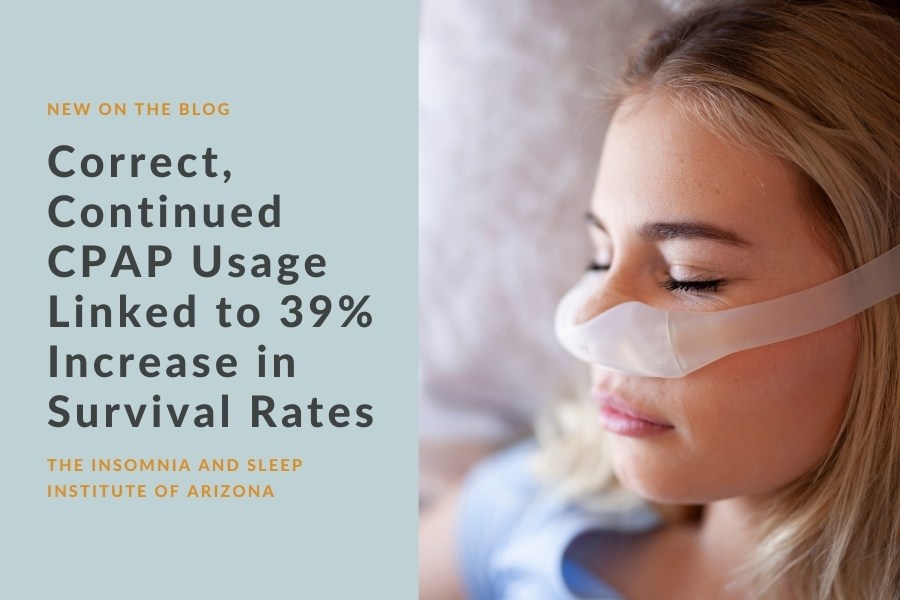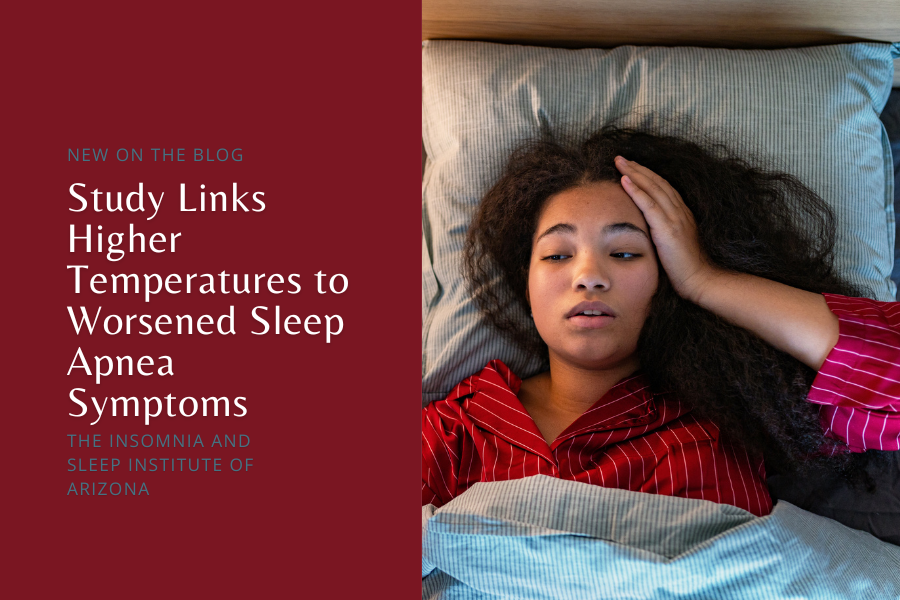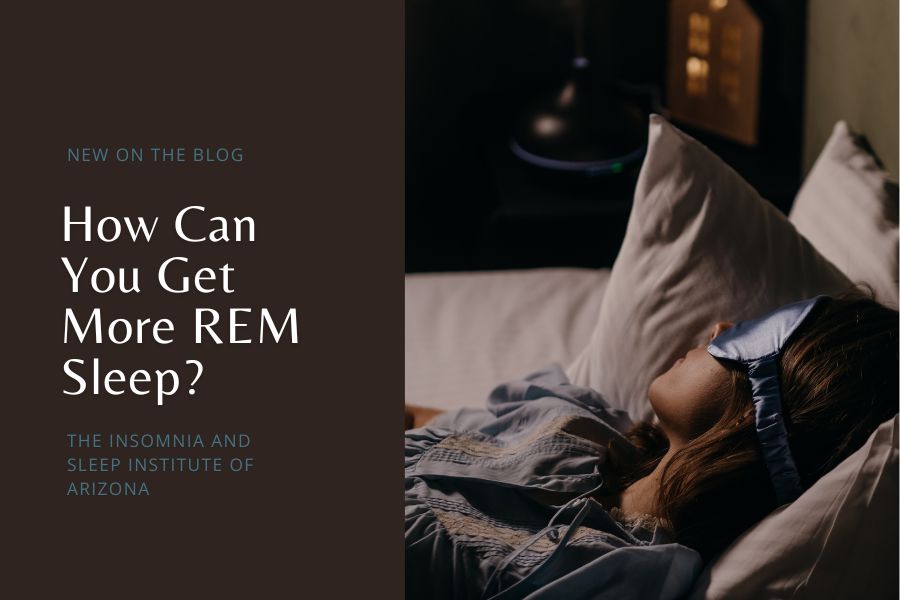CPAP therapy remains the gold standard in treating obstructive sleep apnea (OSA), a very common condition around the globe. Sleep apnea is what brings many patients to The Insomnia and Sleep Institute of Arizona, where we proudly serve as the Face of Sleep Medicine in the region. We offer unprecedented staffing levels, including three clinical psychologists on site, so that you can rest assured you’re getting the best in care for your sleep disorder(s). As an outcome-driven facility, your initial consultation is with a sleep expert who can diagnose sleep disorders, which can then be swiftly followed by testing and treatment.
Even though OSA is a common condition (typically in adults, but also in children), and although CPAP therapy has been available for decades, there remains a disparity in treatment. Namely, many patients either do not use the CPAP therapy as they should and/or they do not use it every time they sleep. There are many reasons for this, usually because the machine or its various parts are not correctly fitted to the patient. If your CPAP therapy isn’t comfortable, there’s a high chance of you choosing not to use it or removing it while asleep. Is it a “big deal” if you miss out on a few nights of CPAP therapy? Increasingly, research points to yes.
Use CPAP for Longevity
A recent study revealed at the (virtual) European Respiratory Society International Congress in 2021 found that those with OSA who use CPAP as they should and routinely are “39% more likely to survive than OSA patients who didn’t.” The full study, titled “CPAP Termination and All-Cause Mortality: a French Nationwide Database Analysis,” considered 176,000 people in France who were diagnosed with sleep apnea during a three-year period. There was a significant survival rate gap, even when accounting for overall health, ages, and pre-existing conditions.
According to one of the authors, “Treating sleep apnea with CPAP therapy may help you live longer; that’s the key takeaway here for people with sleep apnea … this finding underscores how critical it is to identify the hundreds of millions of people worldwide whose sleep apnea is undiagnosed and untreated.” Similar findings have been reported for years, and yet sometimes OSA isn’t taken seriously—likely because it is so common.
What to Do if You Have OSA
If you have OSA or suspect you do, the first step is a correct diagnosis. The Insomnia and Sleep Institute requires no referral to schedule a consult with a sleep expert. If the consultation reveals that you may have OSA or another sleep disorder, the next stage is testing. Once testing is complete, a plan of action can be determined and for those with OSA it involves CPAP therapy. However, many patients are wary of CPAP therapy for a variety of reasons. One common reason to avoid CPAP therapy is because there are ideas based on outdated technologies that the machine is disruptive, annoying, difficult to use, or hard to travel with. Today’s CPAP technology fits seamlessly into even the busiest of lives—but there are still options.
An implant to treat sleep apnea might be for you, and doctors at The Insomnia and Sleep Institute do work with the Inspire technology. However, to qualify for an implant for sleep apnea, patients must have proven to have tried and failed with CPAP therapy. Finding the right CPAP approach for you is key, and this may require modifications and adjustments from experts to ensure your CPAP tech is customized just for you.
How OSA Leads to Early Death
OSA causes the body to pause or stop breathing multiple times during the night. This might not seem particularly troublesome, but lack of quality sleep—especially over many years—is linked to a host of co-morbidities including heart disease and stroke. Simply put, if you have unmanaged OSA, you are more likely to develop a myriad of complementary diseases and disorders that can shorten your life. This is unfortunate given how relatively “easy” it is to manage OSA with the right diagnosis and technology.
If you think you or your child has OSA, or any type of sleep disorder, you deserve a quick and correct diagnosis and treatment. We work with adults and patients as young as two years old because we know how important good quality sleep is to your overall health. Get started on a path toward the sleep you deserve today. Contact The Insomnia and Sleep Institute by calling the office or, for the quickest response, simply complete the online form right now.
Dr. Ruchir P. Patel Shares His Own Personal CPAP Journey
In this short teaser from the Dr. Ruchir P. Patel: The Real Sleep Doc podcast, Dr. Patel opens up about his own experience with CPAP therapy. Listen to the rest of the episode here.
Stay tuned for more insights in upcoming episodes!








